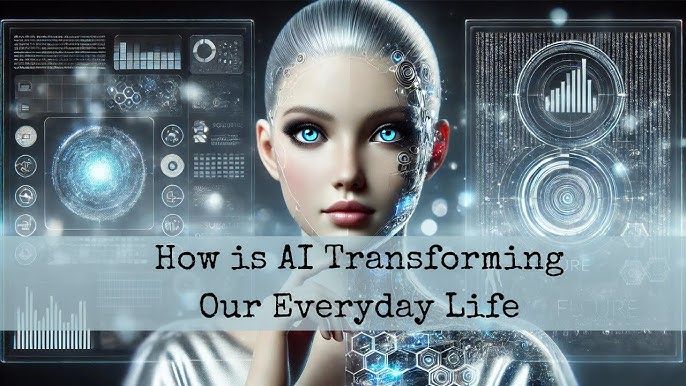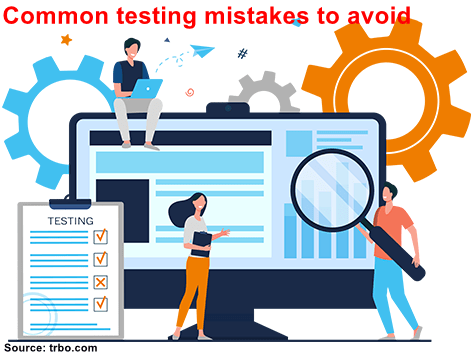
How AI is Transforming Everyday Life
- 0
Artificial Intelligence, or AI, has become a ubiquitous part of our daily lives, impacting everything from the way we shop online to the cars we drive. This revolutionary technology is transforming the world around us, making tasks more efficient, communication more seamless, and everyday life more convenient.
Personal Assistants and Smart Devices
One of the most recognizable applications of AI in everyday life is in the form of personal assistants like Siri, Alexa, and Google Assistant. These voice-activated devices use AI algorithms to understand and respond to human commands, making tasks like setting reminders, playing music, or even controlling smart home devices as simple as speaking a few words.
Smart devices like thermostats, lights, and security cameras also utilize AI to learn from your habits and preferences, adjusting settings automatically to create a more comfortable and secure environment.
Automated Customer Service
AI-powered chatbots have revolutionized customer service, providing instant responses and personalized support around the clock. These virtual assistants can handle a wide range of inquiries, from tracking orders to troubleshooting technical issues, improving customer satisfaction and retention rates for businesses.
Healthcare Innovations
In the healthcare industry, AI is being used to analyze medical data, diagnose illnesses, and develop personalized treatment plans. Machine learning algorithms can sift through vast amounts of patient information to identify patterns and make predictions, leading to more accurate diagnoses and improved patient outcomes.
Robotic surgery systems powered by AI offer enhanced precision and control, reducing the risk of human error and shortening recovery times for patients. Wearable devices equipped with AI can monitor health metrics in real-time, alerting users to potential issues and encouraging healthier lifestyle choices.
Transportation and Mobility
AI is reshaping the way we move from place to place, with self-driving cars and trucks on the horizon. These autonomous vehicles use sensors and AI algorithms to navigate roads, avoid obstacles, and make split-second decisions to ensure passenger safety and smooth transportation.
Ride-sharing services utilize AI to match drivers and passengers efficiently, optimize routes, and predict demand in real-time. Public transportation systems are adopting AI to improve scheduling, maintenance, and overall efficiency, making commuting more reliable and convenient for passengers.
Financial Services and Fraud Detection
AI has transformed the banking and finance sector, streamlining processes and enhancing security measures. From automated investment advice to fraud detection algorithms, AI-powered solutions help financial institutions better serve their customers and protect their assets.
Machine learning algorithms can analyze vast amounts of financial data to detect suspicious patterns and prevent fraudulent activities, saving businesses billions of dollars each year. Personalized financial recommendations based on spending habits and goals make it easier for individuals to manage their money and plan for the future.
Conclusion
Artificial Intelligence has become an integral part of modern life, revolutionizing various industries and transforming the way we live, work, and interact with the world around us. As AI technology continues to advance and evolve, we can expect even greater innovations and improvements in the way we experience everyday life.

